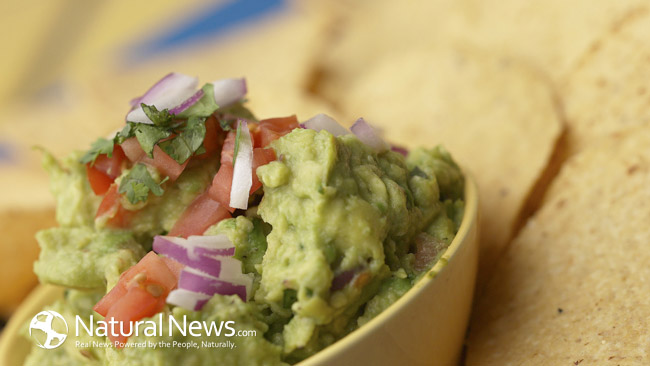Eating primarily plant-based with little to no dairy or meat products, is a diet suitable to those who follow vegan nutrition protocol. Cutting out animal products does have its share of health benefits. These include practically eliminating saturated fat from your diet and having plenty of foods that are filled with fiber such as fruits and vegetables. All in all, this would lower the risk for heart disease and high cholesterol. However, eating vegan doesn’t equate to losing weight or instantly becoming healthier inside and out. You might find yourself eating more fresh foods, but you also might find yourself eating more processed foods. The problem with many vegan food options is that they’re in fact, highly processed. They have extra sodium and extra sugar. Therefore, being vegan doesn’t automatically mean being “healthier”.
Here are some vegan choices you may want to reconsider:
1. Frozen meals – Watch out for high carbohydrate and high sodium ingredients. These are typically used for preservation purposes to keep taste optimal. Not all frozen meals are bad and can be full of grains and vegetables. Look for the protein too, not just carbohydrates in these meals. Some of them are an entire meal, but only have 7-9 total grams of protein.
2. Frozen fake meats – Many imitation meats are not healthy at all. They’re full of sodium, typically 400mg or more. They’re are loaded with processed oils, preservatives, and artificial ingredients in them. When these meats are high in preservatives, they’re typically lower in nutrients like B12, iron, and of course protein.
3. Seitan – This is made from wheat gluten and usually has at least 5-10mg of sugar and above 400mg of salt. It is source of protein for vegans with wheat germ being the main protein. It is said to be the best source of protein for vegans, but unlike lean meats, it isn’t just protein because of the additives.
4. Desserts – Not all, but many vegan desserts are worse than regular desserts. When butter and eggs are taken out, items like starches, pectin, and gums are put in for texture.
5. Veggie chips – Many can be just as bad as eating real chips. Even beet, kale, and sweet potato chips can be loaded with additional ingredients, and this means more sugar and calories.
6. Coconut yogurt – This is what vegans eat instead of having traditional milk yogurt. However, it is high in saturated fat and doesn’t have any protein. One serving is ½ cup and when eating out, most placing are giving you two or three times this amount.
7. Tofu deli meats – Regular deli meat isn’t all that great for you to begin with, given the added sodium. Reading labels is the key and look for less than 400mg sodium.
Avoiding foods that come out of a box or container is the way to go, even to those that don’t follow a vegan diet. Alternatives and fake products don’t mean they’re better for you in the end. Chemicals and artificial ingredients are foreign to your digestive system. The rule is to shop on aisles of fresh products. Good plant-based sources of protein without the package include chickpeas, beans, quinoa, seeds, nuts, leafy greens, and lentils. For many vegans, just like those of us who aren’t vegan, grab and go snacks and eating out might be more convenient, but the toll on your body and health looms as we do this over time. Food has become so far from its natural state, but the more we become aware of what and how much we are putting into our bodies, the better we can take control of doing our best to healthy and safe.
Vegan Processed Foods | Vegan Journal | Vegetarian Resource Group (vrg.org)
The effects of plant-based diets on the body and the brain: a systematic review – PMC (nih.gov)



